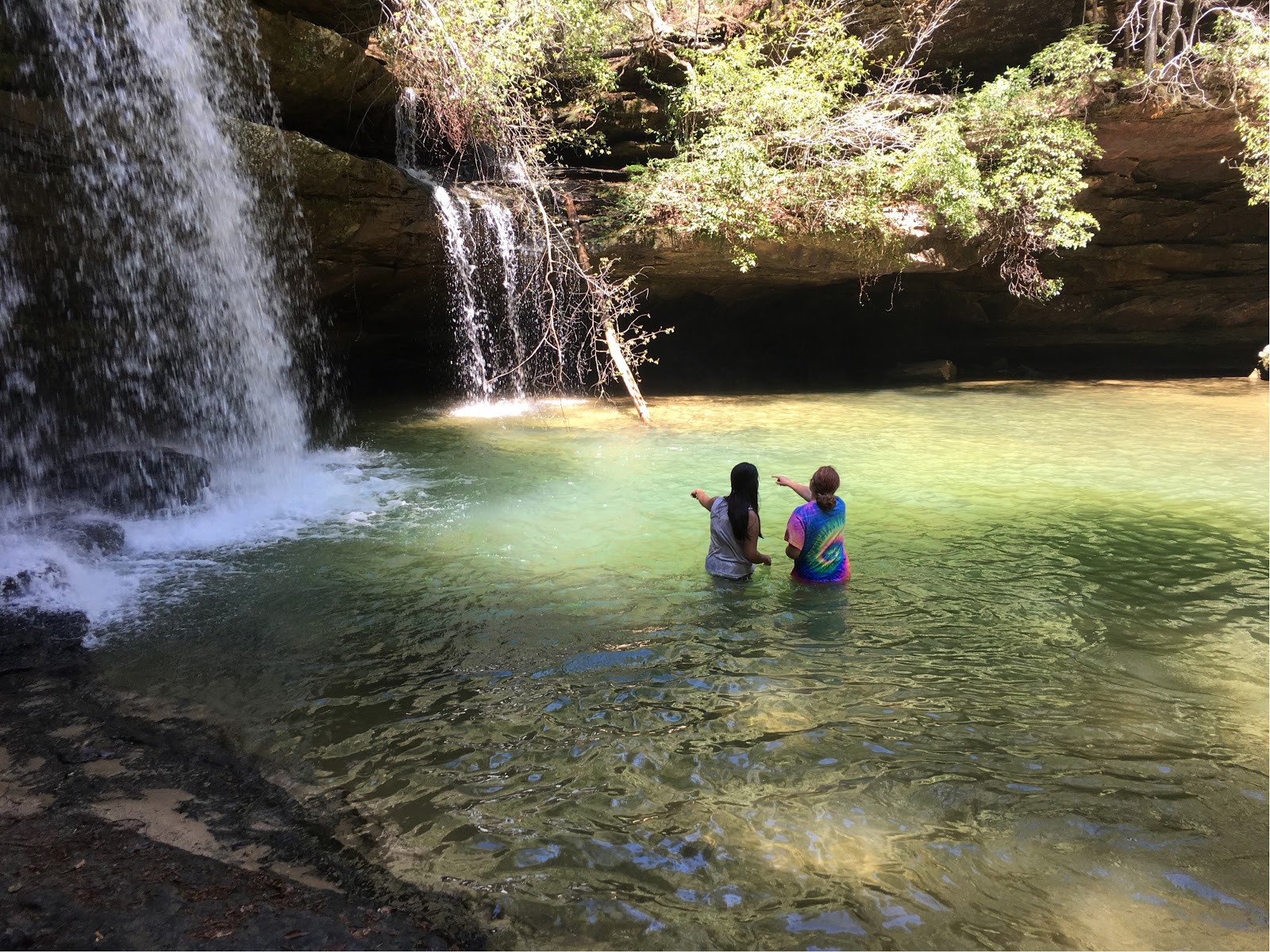Citizen Science Soil Collection Program: What’s in Your Backyard?

What do cholesterol meds, drugs that help prevent rejection of organ transplants and penicillin all have in common? They come from fungi.
Ardmore High School students are learning about the importance of biological research and helping scientists identify new soil-dwelling microbes by participating in the University of Oklahoma’s citizen science soil collection program. This program is in partnership with the National Cancer Institute.
Researchers think that the next new life-saving cancer treatment might be living in our yards. Alabama has a variety of unique soil types, so naturally we are interested to see if we can help.
Our students are collecting soil samples from various locations around the county. A lab will analyze the samples and use the genetic barcode of the fungi to identify new species. They will use Cheerios (yes, Cheerios!) to prepare a culture of the bacteria.
Once the lab has identified what kind of microscopic life there is in our dirt, they will send us information on what they have found.
If you want to see what's in your backyard, check out the Citizen Science Soil Collection Program.



Comments
Post a Comment